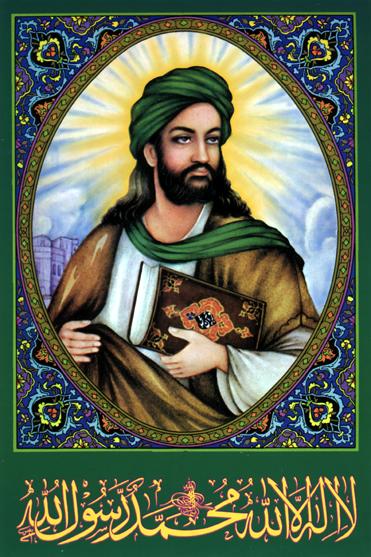The Zoroastrian Ethic
The Zoroastrian Ethic
Zarathushtra preached the monotheistic religion of the one supreme God, Ahura Mazda (Wise Lord).
His message is a positive, life-affirming one, which demands not so much belief, as reason and action on the part of every individual.
His was not a prescriptive ethic, based on obedience, fear or love, but rather, an ethic of personal responsibility.
Zarathushtra asked his listeners to think with a clear mind, and choose a life of intelligent reflection and active benevolence.
A Zoroastrian is taught to lead an industrious, honest and charitable life. There is no place for asceticism.
The generation of wealth, is part of the ethos, as long as it is achieved honestly, and used for good and charitable purposes.
The quintessence of his teachings are embodied in the triad :
Humata (Good Thoughts),
Hukhta (Good Words) and
Huvareshta (Good Deeds).
The loftiest ideal for man is to emulate the Amesha Spentas or attributes of Ahura Mazda: Vohu Manah is the Good Mind.
Man must think for himself before he can believe. He has the freedom to choose between good and evil, and the responsibility to reap the consequences.
Asha Vahishta is the Divine Law - It embodies Righteousness, Truth, Wisdom, Justice and Progress.
Every Zarathushti strives to follow the Path of Asha in its deepest spiritual sense.
Kshathra Vairya is Divine Strength and Service, leading to the ideal society.
Spenta Armaiti, the Benevolent Spirit, is Ahura Mazda’s Purity and Devotion.
Haurvatat (Progression and Perfection) and Ameratat (Immortality and Everlasting Bliss) are the twin rewards of a righteous life.
Zoroastrian View Of The World Zarathushtra presents a view of the world in which Ahura Mazda originally creates an ideal existence in accordance with the Law of Asha.
As the world progresses there is conflict between the forces of Good (Spenta Mainyu) and Evil (Angra Mainyu).
In this cosmic drama, man is not a bystander. but rather, the prime agent through whose actions the ultimate triumph of good over evil is assured.
Ahura Mazda gives man not only the freedom to choose between good and evil, but also the responsibility to actively promote good and vanquish evil.
Through the collective good acts of humanity, the world evolves towards the final resurrection (frashokeret), when all will be in a state of perfection (Haurvatat) and everlasting bliss (Ameratat).





Comments
Post a Comment